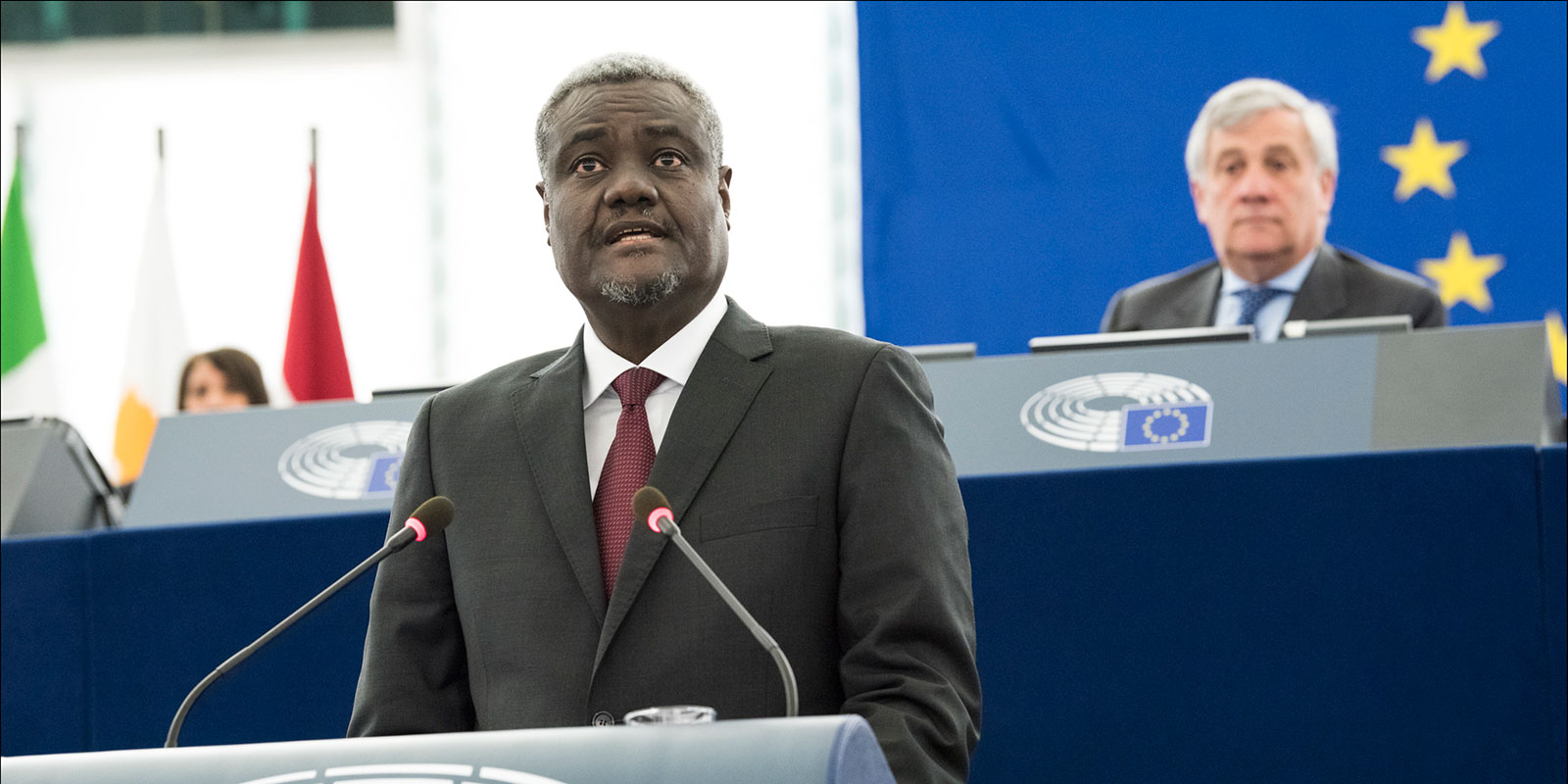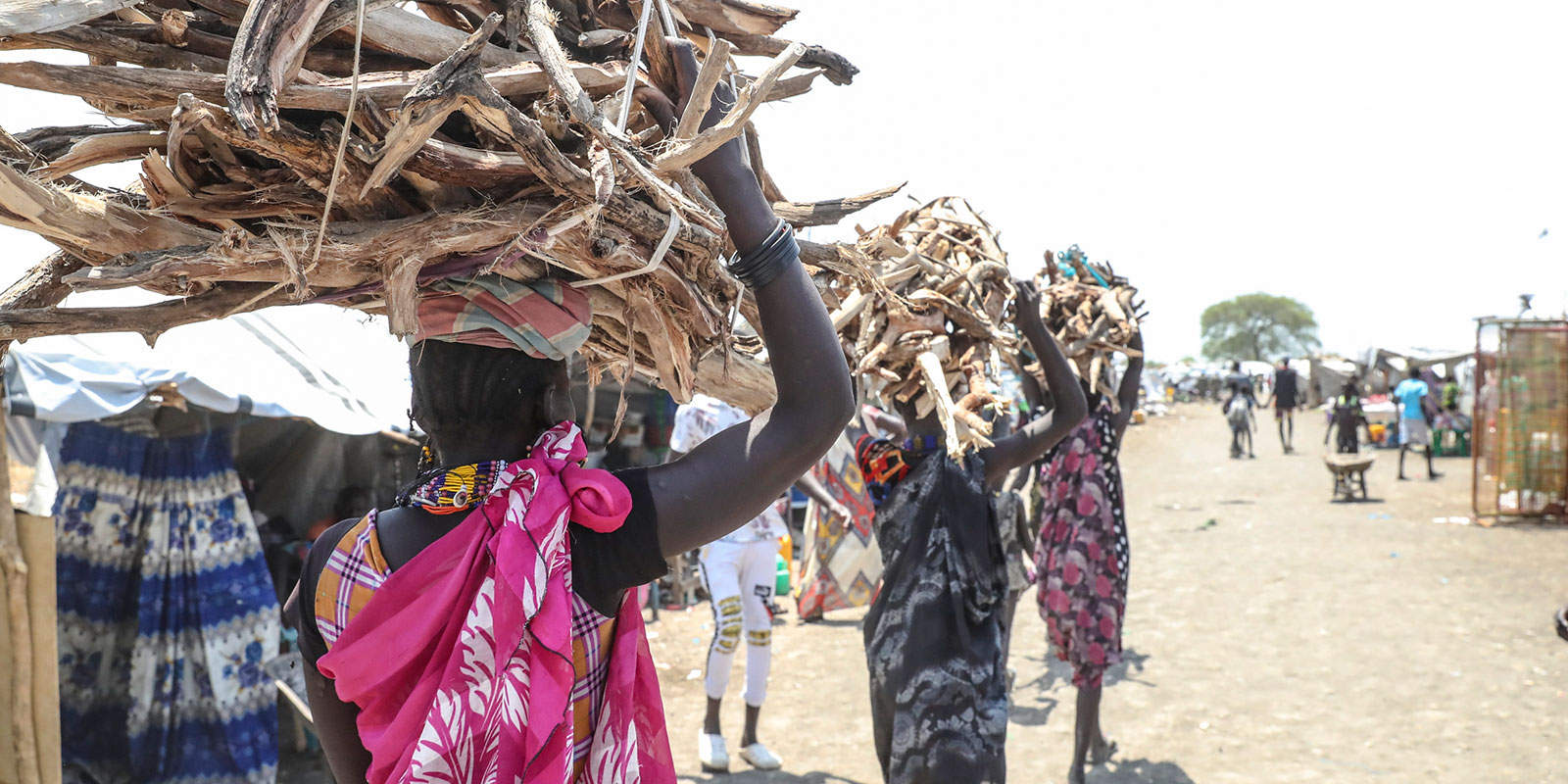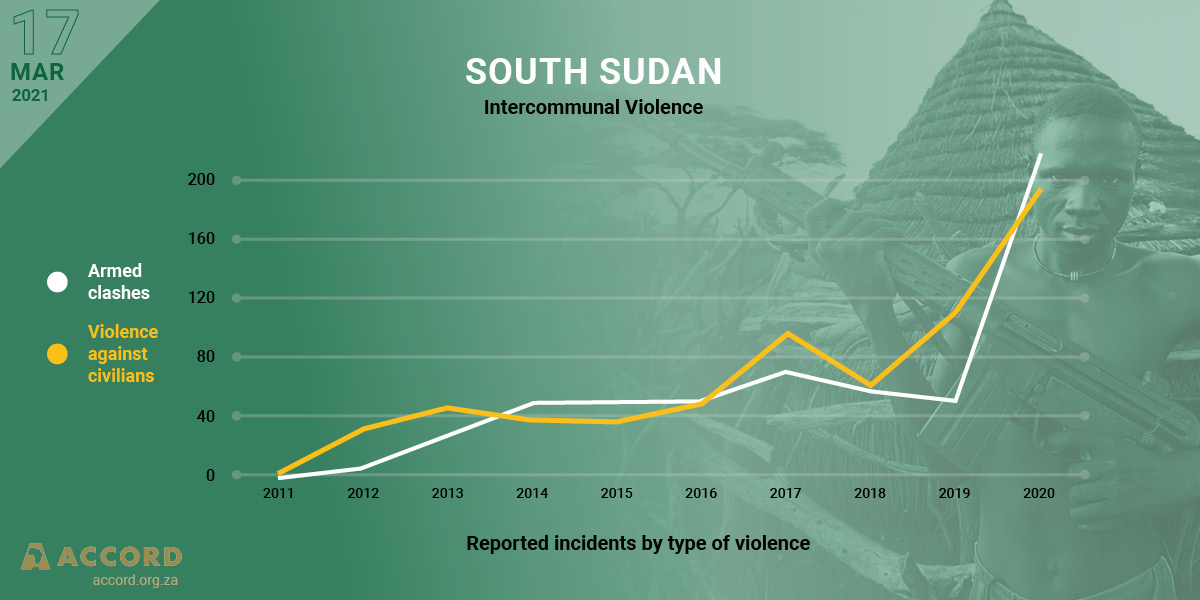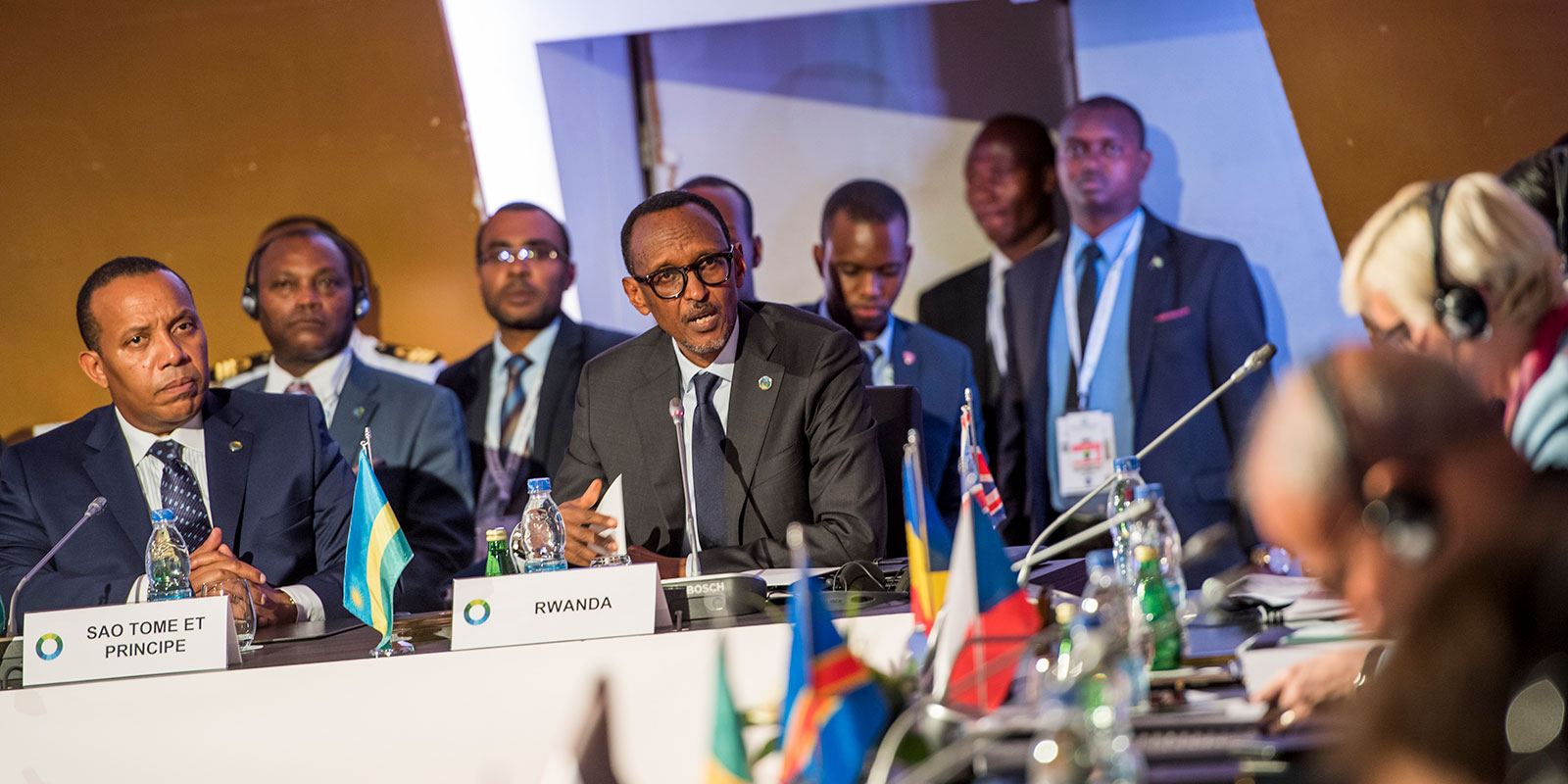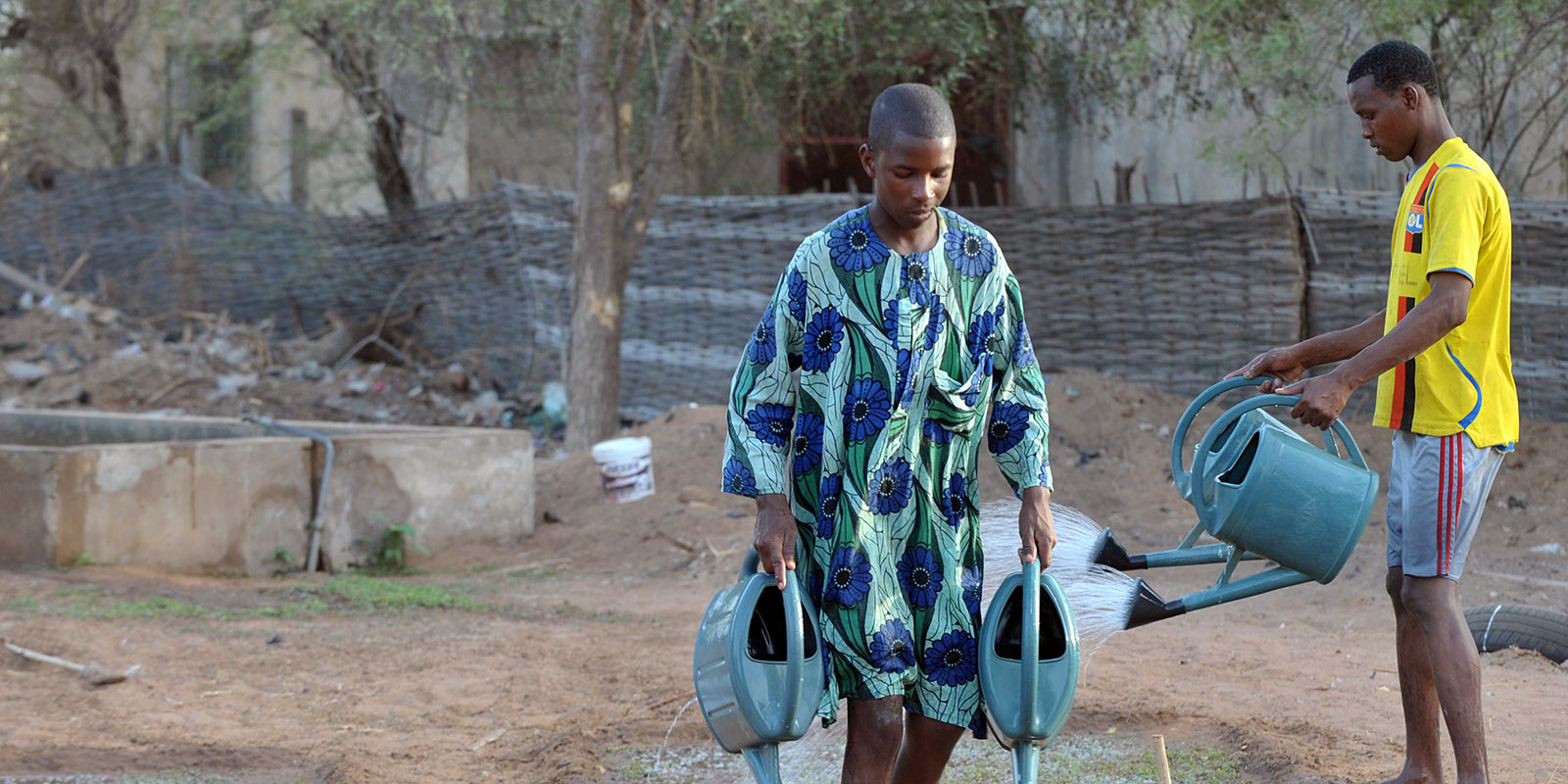This week’s edition of the Monitor provides perspectives on climate change and peace and security through the lens of European Union-Africa relations. It features Professor Carlos Lopes, the African Union High Representative for Partnerships with Europe and former Executive Secretary of the United Nations Economic Commission for Africa. In his piece, Prof Lopes discusses the value of common but differentiated responsibilities on climate change as the guiding principle behind AU-EU climate change related relations.
Volker Hauck and Lidet Tadesse Shiferaw of the European Centre for Development Policy Management reflect on EU-Africa relations and specifically unpack the longstanding relations between the two on issues of peace and security.
ACCORD’s Cedric de Coning argues that 2021 is a critical year for UNMISS. He analyses the priorities of the UN mission’s new mandate, which was approved on 12 March 2021.
Lastly, Dr Andrew E. Yaw Tchie from the Norwegian Institute of International Affairs (NUPI) and Kheira Tarif from the Stockholm International Peace Research Institute (PRIO) summarise the research on the impact of climate change on the peace and security situation in South Sudan.

